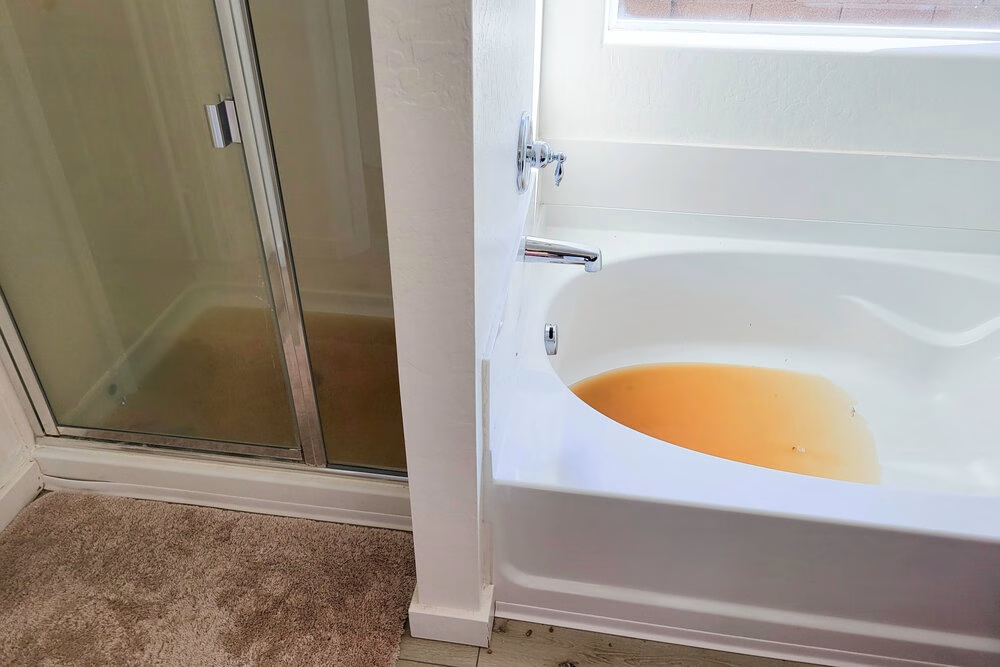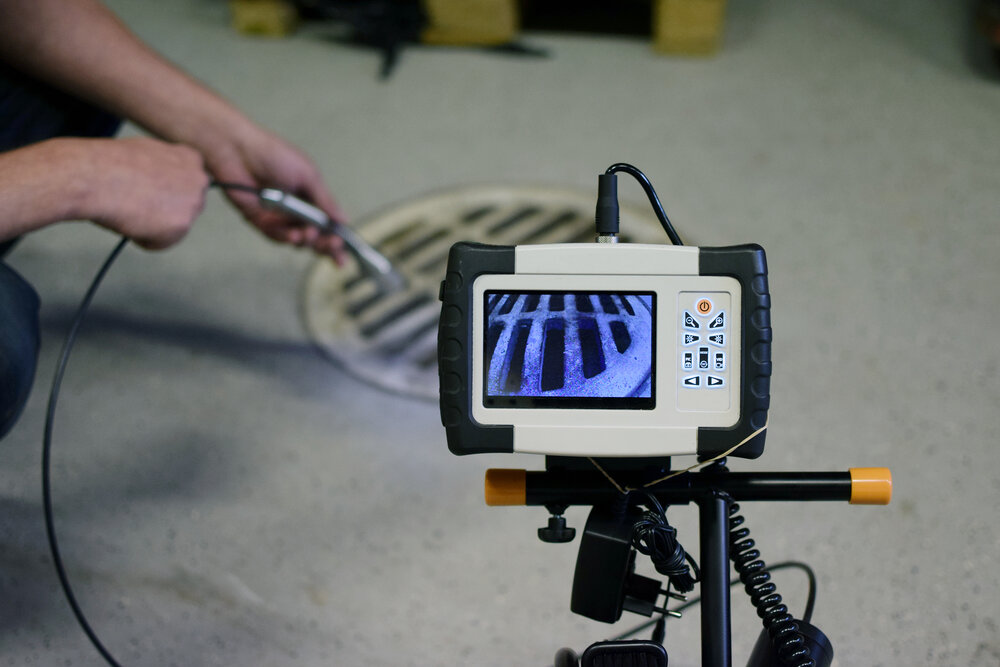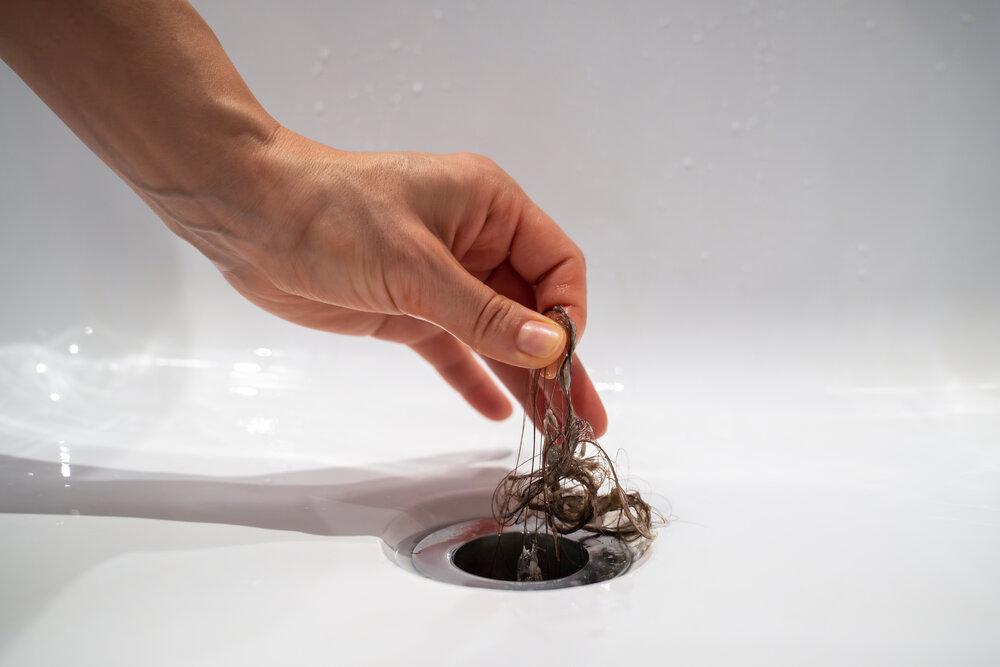Sewer Backup And How To Prevent It
Undoubtedly, plumbing is a crucial part of running a home or business. Having a functioning sewer system is vital to the smooth operation of your property.
A sewer backup occurs when excess liquids flow into wastewater pipes due to blockages caused by solid objects such as hair and paper towels. Other causes of a sewer backup include broken pipes or clogged drains, uncollected household waste, etc.
Another important consideration is that water backup can create serious health concerns. Therefore, realizing what’s causing a sewer backup inside your house or drain can help prevent a compromising situation from occurring in your basement.
Causes of A Sewer Backup In The Basement
Some of these are mainly for houses with basements, while others are general for every house with water coming out of a bad drain system.
Plumbing Clogs
Clogs can cause a sewer backup in your basement. This is because the sewage backs up into your clean water supply. Moreover, clogged sewer lines in the basement are caused by the presence of hair, soap scum, grease, oil, and other debris that can build up on the inside of the pipe.
Root Intrusion
Root intrusion is the most common cause of a sewer backup in the basement. It is usually caused by tree roots growing too close to the foundation or the sewer line. Or when drains are not installed correctly and allow water to back up into the home’s sewer system.
Broken Or Cracked Pipe
If a sewer line breaks, it can cause drain backup in your basement. This is the most common cause of a sewer backup. It happens when the main drain pipe from your house to the city’s sewer line to the septic tank has been broken or cracked.
Bellied Sewer Lines
A bellied sewer line is an extension of your main sewer line covered with clay or concrete, which causes it to be smaller in diameter than the main line. It leads to overflow when heavy rain or just too much water enters your home’s lowest point.
Old Sewage Lines
These can also cause sewage backup in the basement. Sewer lines are made of plastic and rubber and can deteriorate over time. When this happens, debris can get caught in the sewer line and cause it to become clogged. For fast pipe repairs or line replacement, we recommend trenchless methods that have many benefits.
Overwhelmed Sump Pumps
Sump pumps redirect groundwater away from your home, but if they discharge into the sanitary sewer system or become overwhelmed during heavy rain, they can contribute to sewer backups. A failed pump—or one without backup power—can allow water to flood basement drains connected to the main sewer line.
Heavy Rainfall
Rainwater is a known cause of drain backup. It can flow into the system and through the plumbing. In most cases, water can be contaminated because it has been sitting in a drainage ditch for some time, or it can be fresh water from a downspout or rain gutter.
How Homeowners can Prevent A Sewer Backup
Add a concrete slab or other foundation drainage system. This allows water to run away from the house instead of finding its way into your basement through pipes, shower drains, or leaking into the foundation.
Practice regular maintenance of your septic tank system. Making sure you’re not exceeding your tank’s capacity can also help prevent backups, especially if you live in an area with little sun exposure or other factors that can cause problems with septic systems.
Keep dirt and debris out of your yard and driveway. If you have a driveway that connects with your garage, make sure it’s not filled with leaves or other debris that can enter storm drains when it rains heavily.
Use drain cleaner regularly. If your drains are backed up in the basement, use the best cleaner for sewage backup to clean the waste water in your house. Drain cleaner is a chemical that helps get rid of deposits and buildup in your drainage system.
When To Call In Seattle's Professionals
If you are uncomfortable performing plumbing by yourself or if you feel the issue is severe, it’s best to call an expert plumber or contractor.
A professional plumber can inspect the entire system and determine what is causing the odor, whether it is a simple clog or something more serious, such as an issue with your sump pump.
Conveniently, if you’re in Seattle, you can call Fischer Plumbing right away to address the problem. We have tons of testimonials and hundreds of happy clients. All in all, our licensed plumbers will know what caused your sewer backup, give you an estimate of the cleanup cost, and how to fix the clogged sewer line in your basement.

Call The Professionals
Call Fischer Plumbing Right Away And Get The Best Sewer Line Repair Service At Your Doorstep.
FREQUENTLY ASKED QUESTIONS
Before cleaning sewer backups in your basement, ensure your sewer line is properly maintained. You can do this yourself by clearing any clogs and making sure that there aren’t any leaks in your line, or you can call us at Fischer Plumbing.
To clear a clog, you can utilize a plunger or call a professional. To ensure that there aren’t any leaks, you should watch for any unusual odors or sounds coming from where your line is. If this is occurring, then you should call for professional assistance.
A backup of wastewater or sewage into a building can occur where the drainpipe connects to a building drain or can occur farther downstream. Typical backup causes are a blockage in the drain or the building sewer pipe itself.
Most of the sewer blockages are caused by grease buildup because grease doesn’t dissolve in water. To prevent sewer backups, first avoid dumping grease down the sink drain. Grease should be disposed of in the trash.
Often, bathtub blockages are caused by a buildup of hair, soap scum, or other bathroom products. These materials can clog the drain and cause water backup into the tub or sometimes in your toilet.









